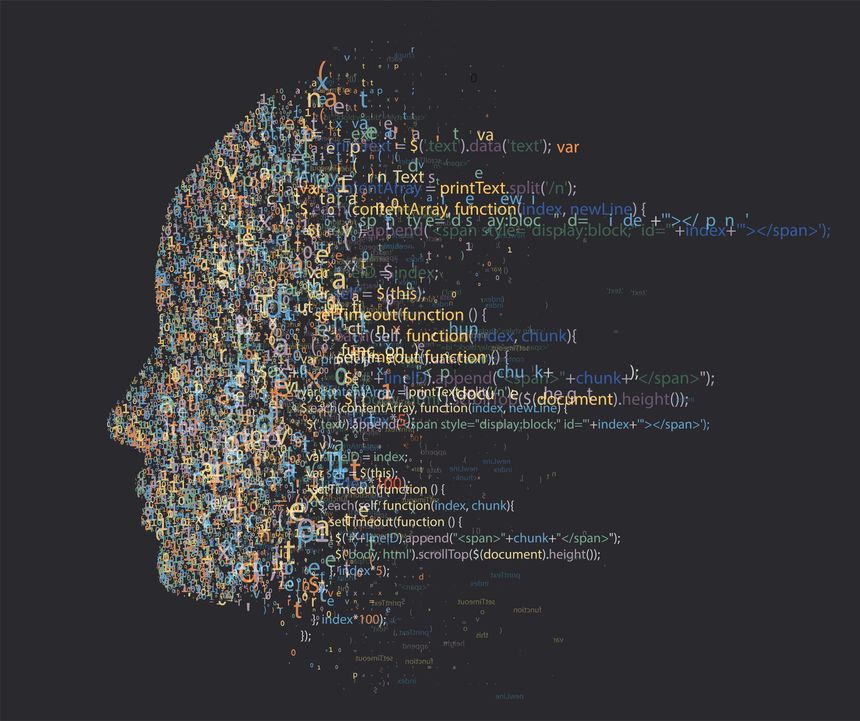The European Commission has recently released a report from the Expert Group on Liability and New Technologies (an independent expert group set up by the Commission) that explores how product liability regimes should be designed – and, where necessary, changed – to incorporate new challenges and risks posed by AI and other emerging digital technologies.
The principles of product liability have been crucial to protecting consumers over the past century and ensuring products distributed in the market are subject to sufficient safeguards. However, certain characteristics of emerging technologies suggest the current rules may no longer be fit for purpose. For example, the existing framework is based on defects existing at the time of sale in static products where the producer of such products does not maintain some level of continuous control. However, many new products incorporating AI and other emerging technologies can be modified through producer intervention (e.g. software updates) or self-learning, and are susceptible to cyber-attacks. This has led to a robust debate and calls for legislative reform to ensure the existing protections of the product liability regime extend to emerging technologies.
The report does not advocate a wholesale review of product liability regulations. Rather it proposes 29 amendments to existing legislation to help mitigate the risks posed by emerging tech, including adapted duties of care. For example, in the case of technology that can be continuously updated or upgraded, the report suggests that the producer of such technology should be strictly liable if defects appear after the product was released into circulation (assuming the producer retains control of those updates / upgrades). In such cases, the report argues that the development risk defence should therefore not apply. The defence currently allows producers to avoid liability if they can prove the defect could not have been discovered at the time the product was put into circulation due to the state of scientific and technical knowledge at such time.
While these discussions focus on product liability, they are part of a wider dialogue about how to legislate for AI and other emerging technologies. For example, at EU level the AI HLEG has proposed 33 policy and investment recommendations including amending existing legislation to govern AI and the Commission has suggested it will present its plans on a Europe-wide approach to AI regulation more generally on 19 February 2020. Closer to home, in 2018 the House of Lords Select Committee on Artificial Intelligence published an extensive paper on AI, to which the government responded with its own view on AI regulation.
Consumers (rightly) expect products to work safely and correctly, and any updates to the existing framework (both at the EU and national level) need to identify and reduce future risks across the full spectrum of emerging digital technologies. Lawmakers will need to balance producer liability which protects consumers and ensuring new regulation which does not stifle innovation remain at the heart of any updated product liability regime.



/Passle/5badda5844de890788b571ce/SearchServiceImages/2026-01-26-10-16-16-981-69773ef05327ee832475ebb8.jpg)
/Passle/5badda5844de890788b571ce/SearchServiceImages/2026-01-27-11-02-52-735-69789b5c812a5c2d3450f848.jpg)
/Passle/5badda5844de890788b571ce/SearchServiceImages/2026-01-26-10-50-21-989-697746ed5327ee8324761907.jpg)
/Passle/5badda5844de890788b571ce/SearchServiceImages/2026-01-23-10-07-29-265-6973486131790aa0685dffb5.jpg)